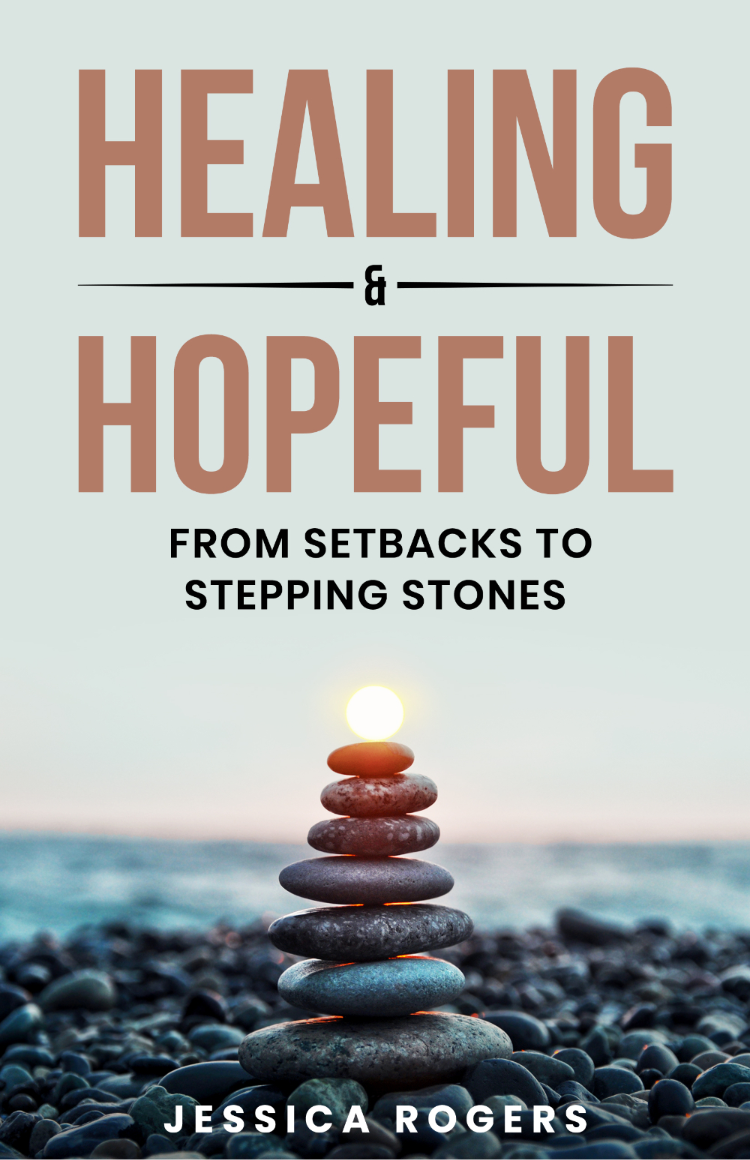7 ways to switch off
- Jess

- Feb 7, 2019
- 3 min read

We often focus on maximising our productivity, squeezing the most out of each working hour and find that our creativity thrives when our minds are stimulated and fulfilled. But what about when we need to 'switch off'? Research has proven that giving our brains 'downtime' actually boosts our efficiency and ideas when we need to be 'on'. Nurturing our wellbeing, resting and restoring so we can start anew the next day. Except 'switching off' isn't as simple as powering down your laptop at the end of the day. How can we quieten our minds and truly allow ourselves time to reboot? Here are 7 simple ways to switch off...
Distraction If you have been fully immersed in a project, when it comes time to clock-off it can be hard to halt those neurons from firing. Try immediately immersing yourself in something new. It could be cooking dinner or folding laundry - choose something un-taxing but distracting to help your brain switch down a gear.
Switch off screen time
Once your working hours are done, especially if they involve intensive use of screens - try to give your eyes (and brain) a rest from staring at the pixels. Not only will your eye-sight thank you, ensuring we limited our 'blue light' exposure (from screens) for 1-2 hours before we want to turn in will help reduce insomnia, too.
Get outside
Fresh air, sunlight and giving your eyes a chance to look beyond your screen (long-range focussing is essential for eye health - something in our increasingly digital world we are not getting enough of) - are all key to unwinding. You don't need to get 'at one with nature' to feel the benefits - simply reconnecting with the cicadian rhythms of the day and noticing the simple pleasures that you can see, smell, feel and hear will awaken your senses and help your brain restore.
Tire yourself out
This may sound counter-intuitive if you're trying to switch off, but although you may be mental wrung out after a day at work, chances are if you're desk-bound, your body is a bundle of pent-up energy. Getting some physical exercise is great for busting stress, improving sleep and our overall sense of wellbeing.
Make conversation Just make sure it's not about work! It's all too tempting to 'bring your work home with you', but try and park those work dilemmas or ideas and use your down-time to indulge in some good old-fashioned conversation - meaningful connections with partners, girlfriends, family and children will give your day that sense of work:life balance we all crave.
Write an 'exit list'
If you find it hard to draw a line under your workload for the day, write an 'exit list' - a bullet pointed plan of the tasks you are mid-way through, or thoughts on tomorrow's work projects. Rather than trying to remember them all till the next day, park them and they will be there ready for you to tackle in the morning.
Have a bedtime routine
Our bodies are creatures of habit and if you want to signal to your brain that it's time to down tools - the best way is to create a familiar bedtime routine that gives your mind the cues it needs. Whether that's reading a good book, taking a bath or listen to an audiobook as you drift off. Ending the day on a restful note will invite restorative sleep.





Comments